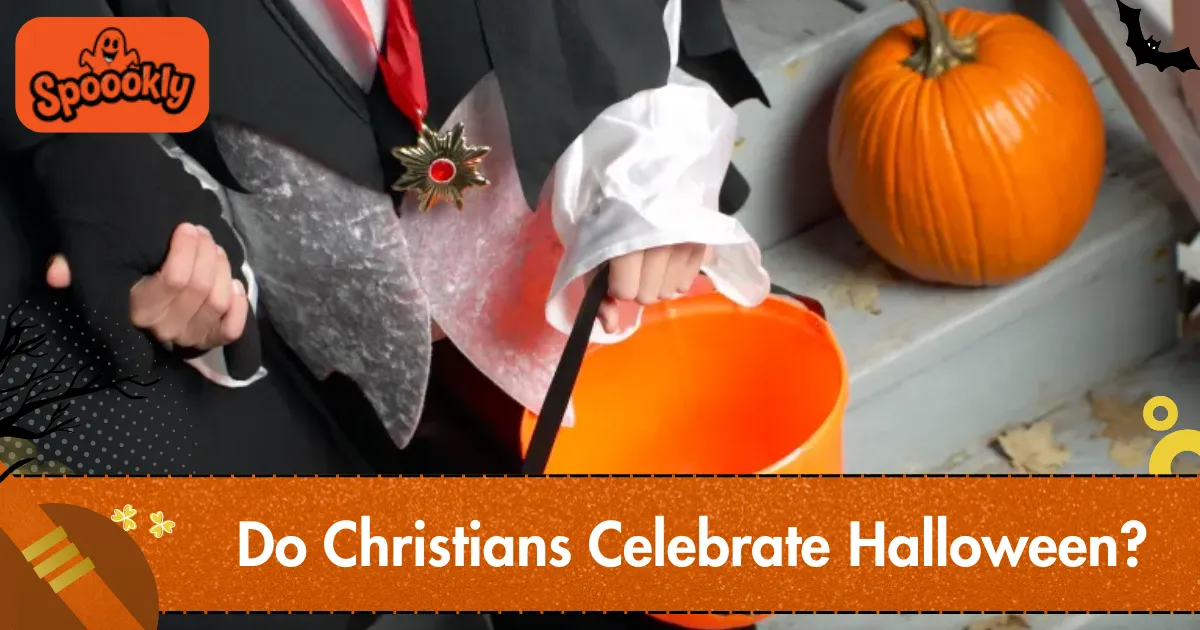Halloween sparks debate among many Christian communities. Some join in the fun with costumes, candy, and decorations, while others avoid it completely.
The decision often depends on personal beliefs, church teachings, and how people choose to celebrate it. For some Christians, Halloween is just a cultural event.
They see it as a chance for harmless fun, creative costumes, and community activities. In their view, it has no spiritual impact as long as they keep it lighthearted and family-friendly.
Others link Halloween to its historical roots. They point out that it has connections to ancient Celtic festivals like Samhain and later All Hallows’ Eve in the Christian calendar.
For them, the spiritual associations are strong enough to make participation feel wrong. Churches often respond in different ways. Some host “harvest festivals” or “trunk-or-treat” events as a safe alternative for families.
These activities focus on community bonding and avoid darker Halloween themes. Parents in Christian households usually set the tone. Some allow costumes of friendly characters and avoid anything scary.
Others prefer staying home, watching movies, or doing Bible-themed crafts with their kids instead. The choice isn’t always black and white.
Even within the same congregation, people may have different comfort levels. The important part is respecting each other’s decisions without judgment.
Origins of Halloween and Its Connection to Christianity
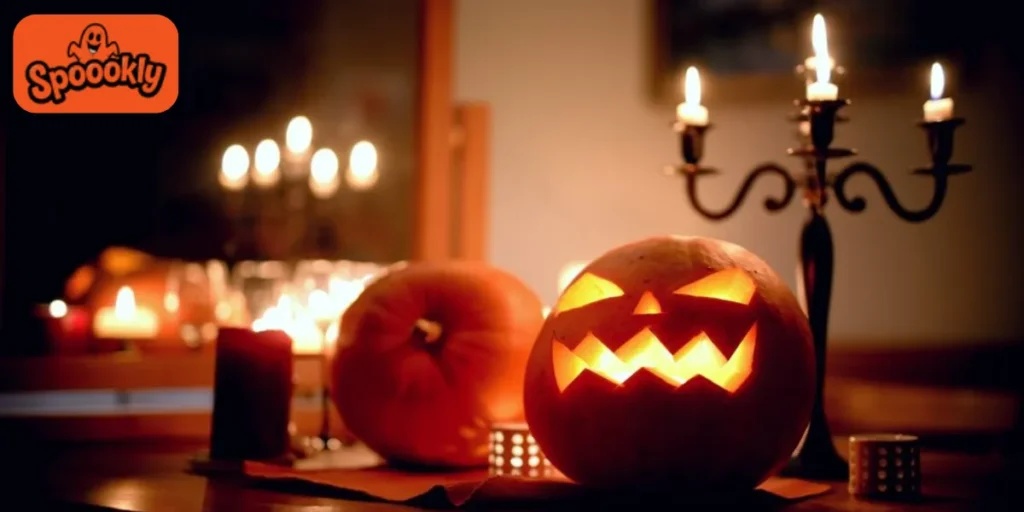
Halloween traces its roots back to the Celtic festival of Samhain. This ancient celebration marked the end of the harvest season and the start of winter.
People believed the boundary between the living and the dead was thin during this time, so they lit bonfires and wore costumes to ward off spirits.
When Christianity spread through Europe, the Church created All Saints’ Day on November 1st. The night before became All Hallows’ Eve, which later turned into Halloween. This was a way to shift the focus from pagan rituals to honoring saints and martyrs.
Over the centuries, cultural traditions mixed together. Some customs kept their old roots, while others took on a Christian meaning. For example, lighting candles could be a way to remember the faithful departed instead of chasing away spirits.
In many Christian communities, these historical changes mean Halloween isn’t automatically seen as evil.
Instead, it can be viewed as a blend of cultural heritage and faith-based remembrance. How people interpret it today depends largely on how they choose to celebrate.
Modern Halloween, especially in places like the United States, has moved away from its religious and pagan roots. Costumes, candy, and neighborhood activities now take center stage, making it more of a social holiday than a spiritual one.
Why Some Christians Celebrate Halloween
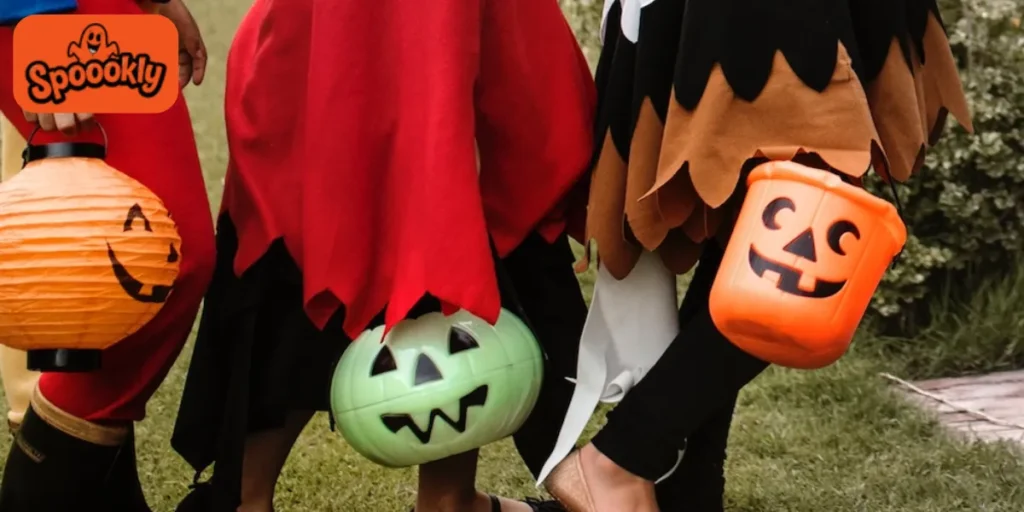
Many Christians see Halloween as harmless fun. They enjoy dressing up, passing out candy, and joining in with their community.
For them, it’s a chance to connect with neighbors, make memories, and laugh together. The focus stays on creativity and togetherness rather than anything spiritual.
Some families use the holiday as a teaching opportunity. Parents might explain the origins of All Hallows’ Eve and how it relates to Christian history. They guide kids to choose positive or humorous costumes instead of anything dark or disturbing.
Churches that support Halloween often organize safe, family-friendly events. “Trunk-or-treat” gatherings in parking lots give children a secure place to collect candy.
Fall festivals with games, music, and food create a joyful environment that avoids the scarier side of the holiday.
Why Some Christians Avoid Halloween
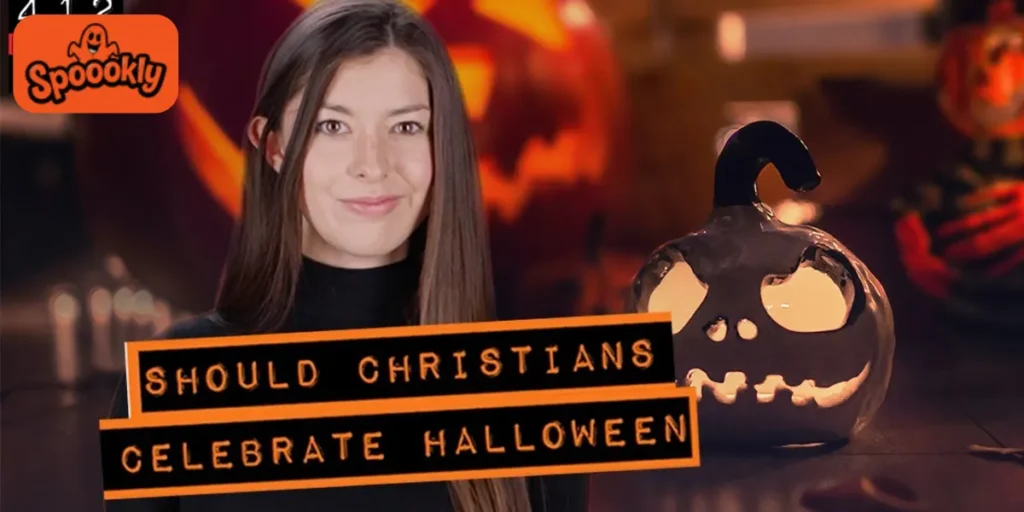
Other believers choose not to participate at all. They see Halloween’s origins in paganism and the occult as reasons to steer clear. Some also dislike the focus on fear, death, and supernatural themes.
For these Christians, avoiding Halloween is about protecting their spiritual life. They prefer to spend the evening on faith-based activities like prayer gatherings, family dinners, or community service.
Some churches replace Halloween with Bible-themed events. Children might dress as characters from scripture, and activities revolve around stories of hope and light. This gives families an alternative that reflects their values.
Approaching Halloween as a Christian
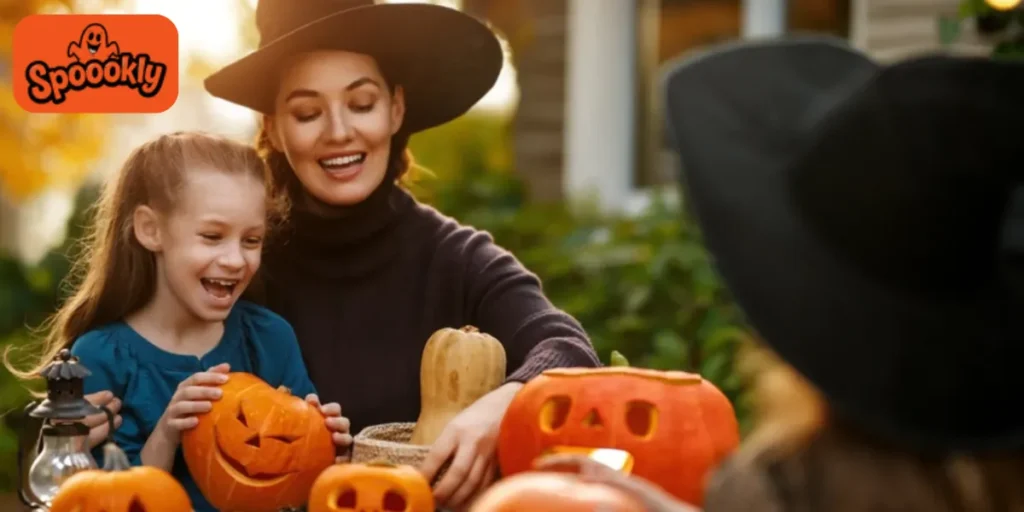
For many Christians, the key to handling Halloween is intentionality. It’s not just about whether you celebrate, but how you choose to do it.
Being mindful about costumes, activities, and conversations can help keep the holiday in line with personal faith.
Parents often set clear guidelines. Some allow participation but set limits on what’s acceptable. This can mean choosing cheerful or faith-friendly costumes and skipping activities that focus on fear or darkness.
Open discussions in families can also make a big difference. Talking about the history, beliefs, and values behind your choices helps children understand why you celebrate or avoid Halloween. This way, it becomes a teaching moment rather than just a restriction.
Balancing Faith and Community
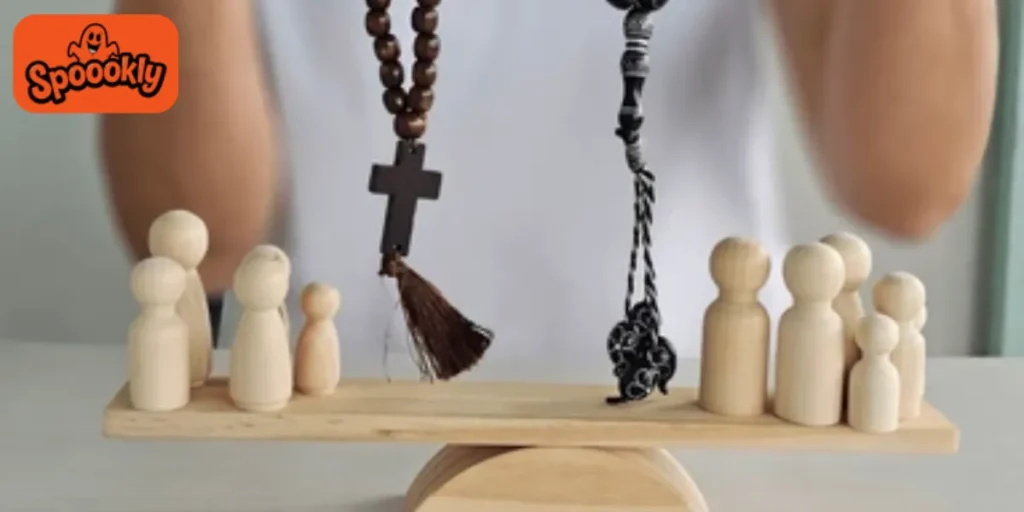
Some Christians find middle ground. They join community events to connect with neighbors while keeping their celebrations lighthearted. This allows them to be present in their community without compromising their beliefs.
Others focus on acts of kindness during Halloween. Handing out candy with encouraging notes, offering warm drinks to parents, or even using the evening for charitable activities can reflect Christian values while still taking part.
Conclusion
Whether Christians celebrate Halloween or not often comes down to personal conviction, family traditions, and local church culture.
For some, it’s a cultural celebration filled with fun and laughter. For others, it’s a holiday best avoided due to its history and themes.
FAQs
Not necessarily. It depends on personal beliefs, intentions, and how it’s celebrated.
Yes, many do, especially if costumes are fun or positive rather than dark or scary.
Church festivals, trunk-or-treat events, game nights, and Bible-themed parties are popular options.
They see it as an opportunity to build community and connect with families in a safe environment.
Choose uplifting costumes, host family-friendly events, and focus on kindness, community, and gratitude.

